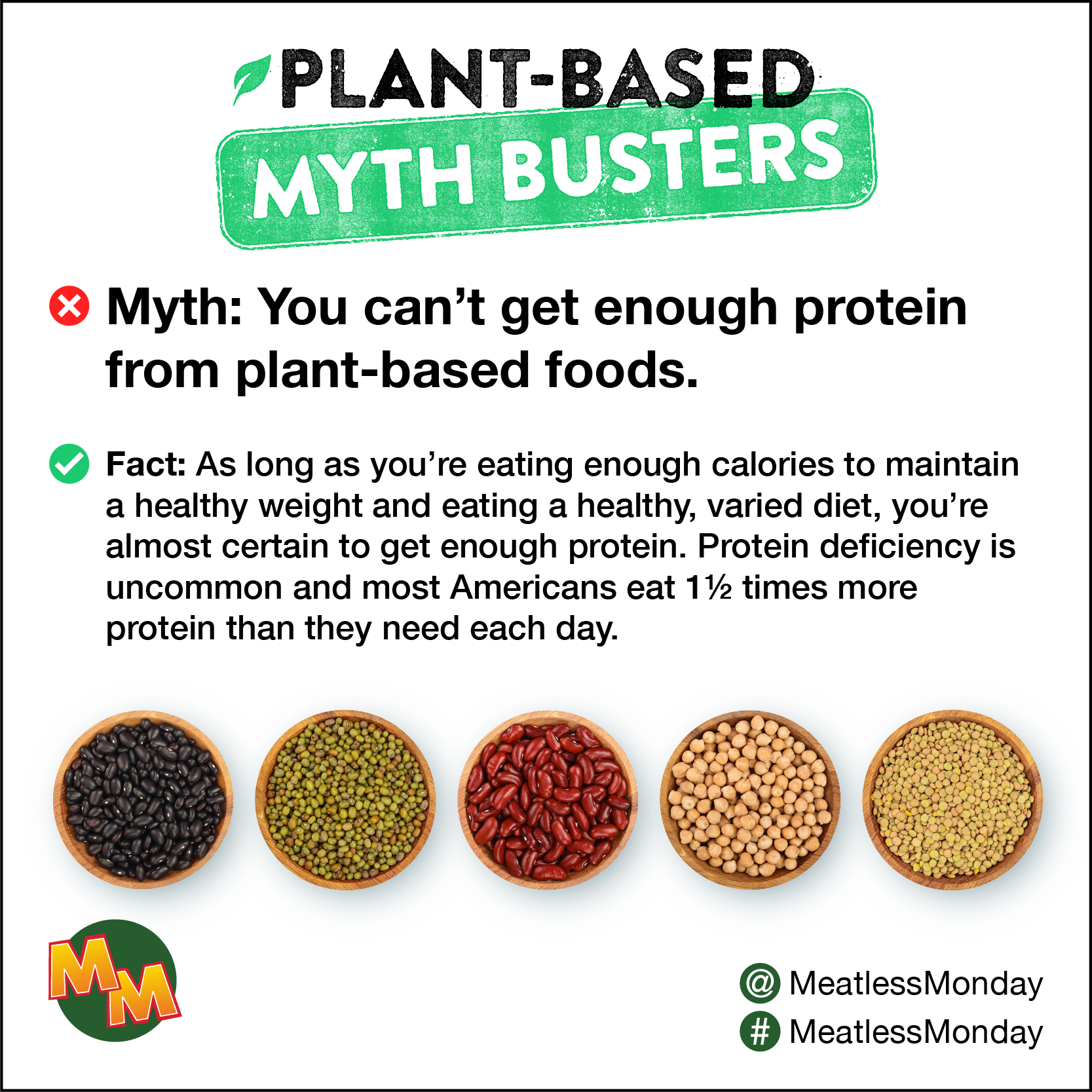The Man Who Disproved the Myths Around Fake Meat
Dec 15, 2024Dr. Marco Springmann challenges misconceptions about alternative proteins, revealing that unprocessed legumes are the healthiest and most affordable meat alternatives, while lab-grown meats are costly and ineffective. He advocates for unprocessed plant-based foods and debunks myths surrounding plant-based diets.
The Man Who Busted the Myth of Fake Meat
Dr. Marco Springmann, a senior researcher at the University of Oxford’s Environmental Change Institute, is challenging the narrative surrounding alternative proteins. His recent research, a comprehensive study of 24 milk and meat alternatives, reveals some surprising findings.

Springmann's Key Findings:
- Legumes are superior: Springmann's study found that unprocessed legumes, such as peas and beans, are the best alternative to meat and dairy in terms of cost, emissions, and health. They significantly outperform highly processed vegetarian and vegan options like veggie burgers.

-
Lab-grown meat is a costly fantasy: The study found that lab-grown meats are currently 40,000 percent more expensive than real meat, with similar emissions and likely similar health impacts. Springmann argues against further public funding for this technology.
-
Processed alternatives are expensive: While processed plant-based alternatives perform better than meat and dairy, they are significantly more expensive than unprocessed options like legumes. This makes them less accessible, especially during economic hardship.
-
Focus on unprocessed foods: Springmann advocates for a shift towards unprocessed plant-based foods. He suggests integrating protein sources with vegetables and whole grains for a more complete nutritional package, rather than simply replacing meat products with processed alternatives. He highlights tempeh as a particularly good example of a minimally processed, healthy, and affordable option.

- Misinformation abounds: Springmann notes the prevalence of misinformation surrounding plant-based diets, with both sides of the debate often misrepresenting research findings.

A Historical Perspective on "Fake Meat"
A timeline from Mother Jones highlights the evolution of meat alternatives, starting with John Harvey Kellogg's Nuttose in 1896 and progressing to the development of lab-grown meat in 2013. This timeline demonstrates the long-standing interest in and development of meat alternatives.



Misinformation Campaigns and Their Impact
The Changing Markets Foundation's research reveals a coordinated misinformation campaign by the meat and dairy industry to discredit alternative proteins. This campaign utilizes various tactics, including:
- Direct attacks: Comparing plant-based burgers to dog food.
- Linking to conspiracy theories: Associating plant-based diets with elite conspiracies.
- Undermining scientific research: Promoting studies with flawed methodologies to cast doubt on the benefits of alternatives.

This misinformation has negatively impacted the alternative protein sector, contributing to pricing challenges and hindering public acceptance. The article highlights the significant financial investment by the meat and dairy industry in shaping public perception.
Debunking Myths About Plant-Based Diets
Several sources address common myths surrounding whole-food plant-based diets, emphasizing that:
- Sufficient protein is attainable: Plant-based diets can provide adequate protein.
- Cooking methods matter: High-heat cooking of animal products creates harmful AGEs.
- Not all carbs are equal: Whole, unprocessed carbohydrates are beneficial.
- Satiety is achievable: Plant-based diets can be satisfying and prevent hunger.


It's crucial to distinguish between healthy, whole plant-based foods and heavily processed vegan products, which may be high in unhealthy fats and sugars. A balanced and varied plant-based diet can be both nutritious and satisfying.
Jan 21, 2025
Explore the pros and cons of a plant-based diet, including health benefits, potential challenges, and tips for successful implementation. Learn about vegetarian, vegan, and flexitarian approaches.
Jan 20, 2025
Explore the latest research on plant-based diets and their powerful health benefits, including disease prevention, heart health, diabetes management, and cancer risk reduction.
Jan 16, 2025
Explore the nutritional landscape of processed fake meat, comparing them to traditional meat and whole plant foods. Learn about ingredients, health impacts, and making informed choices.